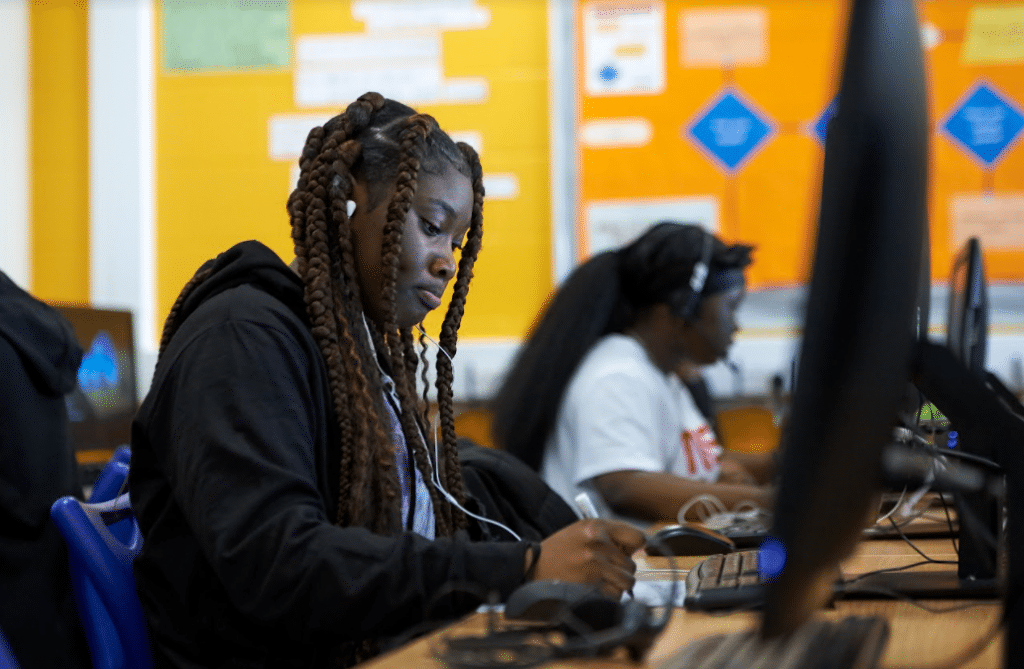The Importance of Tutoring
Every September, a joke goes around university campuses that we have our first day of school coming up. Next year will be my thirtieth first day of school.
When I took up my current position as a lecturer, I wanted to set aside some regular time to volunteer. An education charity was an obvious choice. I chose Action Tutoring because their aim is to help those pupils who would gain the most from a little extra guidance outside of their regular classroom.
If you haven’t set foot in a school this side of the 2008 economic crash — as I hadn’t before I began volunteering — you can’t imagine how different today’s primary and secondary school pupils’ experiences are from what you might remember. More and more, I’ve come to realise how lucky I was. I’ve stayed in education all this time because studying came naturally to me, I enjoyed it, and it remained an option to me. I went to excellent primary and secondary schools, all for free. While I learned a lot (with thanks to my teachers), I didn’t appreciate why my peers might find studying more difficult.
The importance of tutoring
One of the first things you realise when you start tutoring is that there could be any number of reasons a student is struggling, but it’s never being ‘bad’ or just not being able to understand a subject.
My academic field is linguistics, so when I volunteered for the first time and realised that every one of my tutees comes from a home where English is an additional language, I knew that I’d be working with some very intelligent pupils.
By the age of ten, some have learnt English as a third language, and are now studying a fourth in school (together with a second alphabet). This is an achievement for which most adults would laud others. It does mean, though, that my tutees’ parents might not be able to help them with their English homework, or that they’re particularly attuned to the UK’s preoccupation with testing, for example, Spelling-Punctuation-and-Grammar (which, if you were to ask a semi-professional opinion, are as much a test of a rigid writing style as anything else).
So now I spend an hour or two on Friday mornings reading with two or three pupils, working on their vocabulary and comprehension skills. Over the term I’ve taught them, my tutees’ confidence with reading has grown, but I should attribute that to the teachers who work with them every day.
If there’s one thing I know they’ve learned from me so far, it’s how the best strategies for playing Hangman work: vowels are the best letters to ask for first because, if you study phonology, you’ll know every word is broken into syllables, and every syllable in English contains a vowel. After that, continuant sounds like n and r link the vowels to other consonants. And at all times, keep an eye out for complex, but predictable strings of consonants like str or spr at the beginning of a word, or suffixes like -ing at the end. Hopefully, my tutees will put this knowledge to better use in the future, but if they move from Hangman to Scrabble, or to cryptic crosswords (once they get to my age, maybe), I’ll be only too pleased.
Written by: Sam Steddy
At Action Tutoring we believe that tailored and personalised academic support can help pupils improve their subject comprehension and increase their confidence. Our incredible volunteers are committed individuals who believe in equal education opportunities for everyone and their support helps lower the attainment gap between disadvantaged pupils and their peers.
If you would like to find out what our pupils and volunteer tutors have to say about their experience with Action Tutoring, you can read our success stories here.




